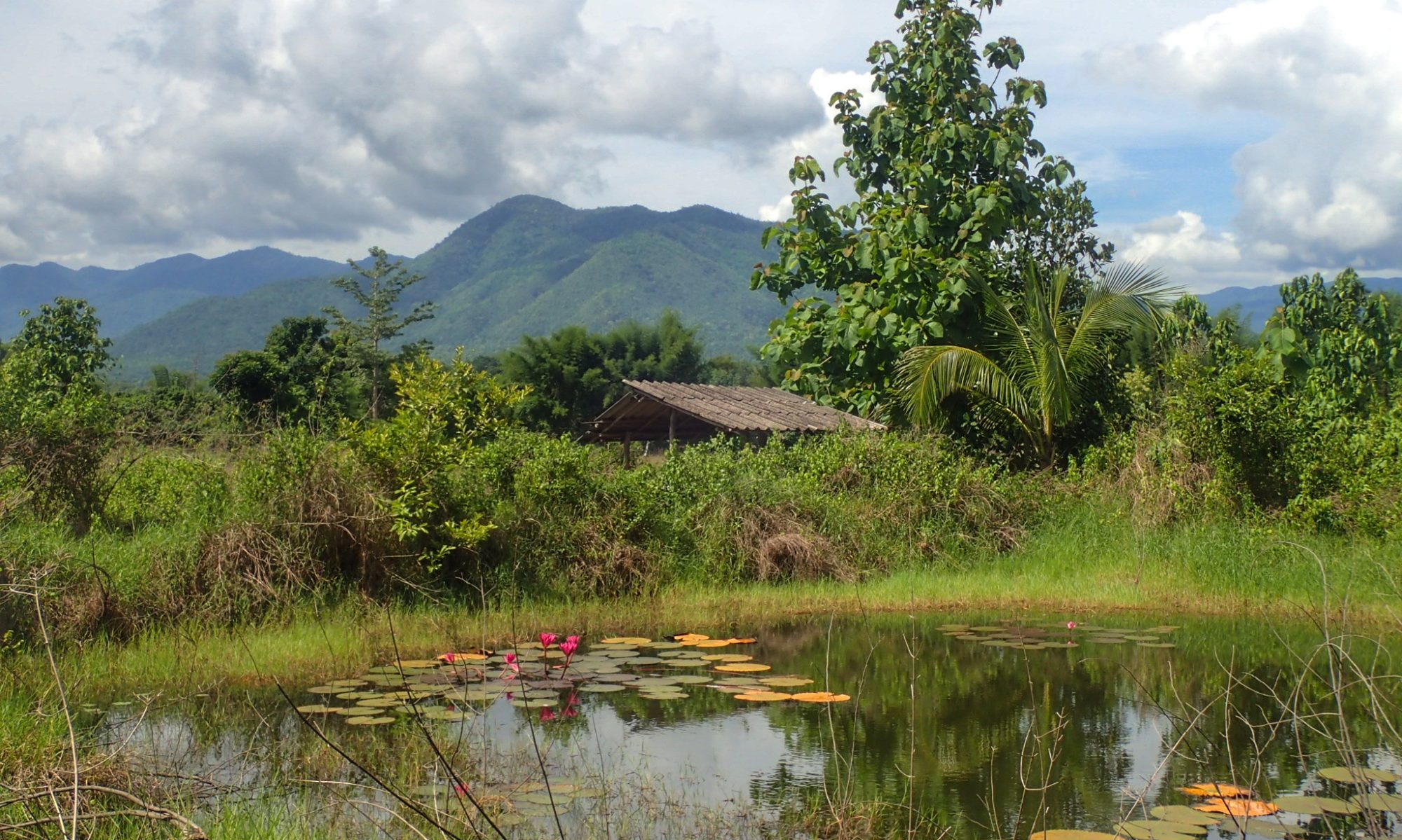A respected friend recently asked if I felt safe in Turkey. It’s an understandable question, what with all of the despicable terrorist attacks over the past few years in Turkey and targeting Turks worldwide. Turkey has been in the news far too often for this.
To answer this, I think you have to ask yourself a few questions.
First, what is terrorism and why is it effective?
Terrorism is the use of weapons and media to create a perceived risk that aligns with the perpetrators’ goals. The reason it works is that we, as humans, have evolved to understand risk at a local level. In a world without media and without advanced weapons, if we observe or hear about an attack on someone in our community, it represented a very real threat to our own existence. So we are conditioned to respond with fear followed by either compliance or resistance, depending on our own strength and abilities.
Terrorism usurps this instinctual response by amplifying attacks using relatively new weapons (on the timeline of evolution) and new media to amplify the fear response. An attack that would normally instill fear on the scale of hundreds of people can now reach billions, with modern guns, bombs, and instantaneous worldwide media.
I’m not saying you should ignore the news, of course. But to understand that we are conditioned to over-react to this kind of news. Understand the real risks, the real rewards, and not what someone wants you to think.
The most important thing here is that the actual risk of terrorism and the actual strength of the terrorist forces is still small. But the reason it works is that it creates a false impression of strength and risk.
Case in point, I just Googled and found out that Turkey has suffered about 1,000 terrorist deaths since 2011. This is indisputably horrible and condemnable, but then I also looked at traffic fatalities. 10,000 per year, or about 70,000 over the same time frame. Yet no international media has covered these fatalities. Most people perceive the risk of terrorism as much greater than traffic accidents, leading to the decline in tourism that Turkey has experienced. Yet almost 100% of those tourists would have been in some way involved in traffic while in Turkey, a risk that is 70 times greater.
Next, what does it mean to feel safe? In actuality, none of us is safe. We are all 100% guaranteed to die at some point, despite what Sergey Brin, co-founder of Google, thinks. When our time is up, it’s up, regardless of how safe we feel at the time.
A few months ago, a former neighbor was murdered in San Francisco. He was shot at a viewpoint that I looked at every morning from my apartment in Twin Peaks when I lived in San Francisco several years ago. I am still sad and shocked about this, but was I scared living in San Francisco? No. Should I have been? A million people live their lives normally every day there, and so did I.
This doesn’t mean we should be living our lives in nonstop fear, of course. Quite the opposite, when you really internalize your mortality, it opens you up to living in the moment and being more present in your life than before.
Finally, what does it mean to be safe? Can you really live a life that’s completely safe? Would you want to? It’s all about balance, of course. We choose every day to take risks that will make our lives better, like getting on the highway to go to work, getting on the bicycle to improve our health, and traveling to a country like Turkey to immerse yourself in its rich culture and hospitality.
This is why I felt safe in Turkey, laughed with friends walking down İstiklal Caddesi in İstanbul and danced until the early morning in a nightclub there. We spent a far greater time staying in quiet non-touristy towns and cycling along busy highways, but we did these things, things that terrorists (and state departments) want you to think are not safe but really are. And I feel richer for it.


Exactly.
Yes!
Well put!
Well written from a wise man ❤️